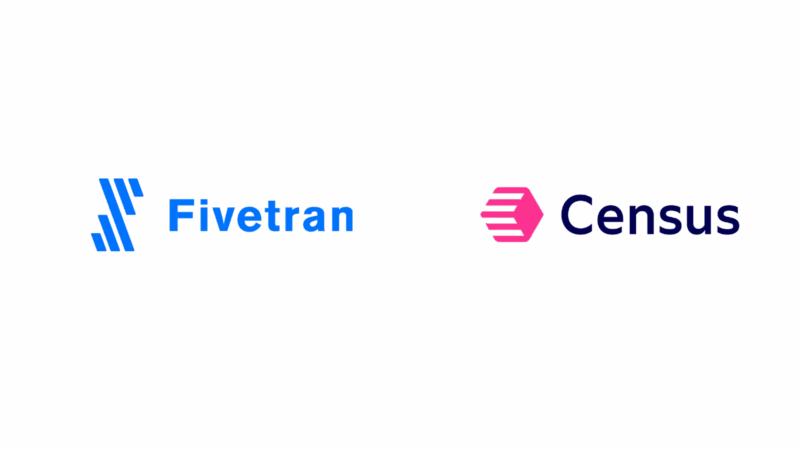The state of AI preparedness of Philippine enterprises

AS artificial intelligence (AI) continues to reshape industries, it's essential for Philippine companies to ensure that their AI services are secure, flexible, and fully integrated with their existing data infrastructure. The Philippines is positioning itself as a rising hub for tech innovation, and the conversation around AI preparedness is of utmost importance today.
However, while there's a rush to integrate AI into operations, many organizations still overlook the need to balance AI's power with overall enterprise readiness.
Genie Yuan, regional vice president for Asia Pacific at Couchbase — developer of a data platform for critical AI applications — shares with The Manila Times (TMT) the trends and challenges impacting the AI landscape in the country and Couchbase's AI-driven strategy for 2025.
TMT: How will AI trends change enterprise IT infrastructure and strategy by 2025? How are these latest trends any different from the approaches in 2024 and earlier?
Yuan: In the past, traditional enterprise IT infrastructure focused on efficiently storing and retrieving data. But as AI becomes more integrated into enterprise applications, the focus will shift towards how data is structured, used, and governed.
We are already seeing the beginning of this shift with the Philippine government's Digital Transformation Program, which is pushing for the modernization of local enterprises and government services through the adoption of emerging technologies, including AI.
The National Privacy Commission (NPC) in the Philippines has also been proactive in implementing regulations that protect data privacy, ensuring that enterprises prioritize secure data storage and processing.
In 2025, AI is expected to revolutionize enterprise IT infrastructure with these major strategies:
– Organizations that deploy single-purpose database solutions will struggle with data sprawl, complexity, and risk. Instead, consolidating with multipurpose databases that support multi-model on a unified platform will simplify AI data management.
– The move toward AI-first data architectures means Philippine enterprises must break down data silos and enable cross-functional use of data for better insights.
– With the rise in unstructured data from e-commerce and content generation, businesses need AI that can understand context — not just extract metadata — to deliver hyper-personalized experiences.
– To address the skills gap, especially with junior developers relying too heavily on AI tools, companies will need to simplify AI application development while also upskilling their workforce.
– Edge computing will play a big role in reducing latency for industries like retail and logistics, where real-time AI decisions are critical.
TMT: What are the challenges to enterprises in adopting AI into their systems, and how will they be able to overcome those challenges? Is there a "time" factor in terms of overcoming those challenges that the Philippines could lose out to more aggressive competitors?
Yuan: Enterprises face challenges in AI adoption, including data quality, integration with legacy systems, and compliance with regulations. Upskilling the workforce is essential to ensure AI complements rather than replaces people. There's also a need to help junior developers avoid over-reliance on AI tools so they can grow into senior roles.
Economic pressures will push CIOs to consolidate platforms, reduce costs, and demand stronger ROI from tech vendors. Spending will shift toward core platforms and cost-neutral migrations, with less emphasis on expanding tech stacks.
TMT: What will be the role of NoSQL databases in supporting AI applications in the future? Will NoSQL give the Philippines the edge to become the hub of tech innovation in secure, flexible, and fully integrated AI services?
Yuan: Multipurpose NoSQL databases are critical for AI-powered applications due to their flexible architecture, scalability, and ability to manage unstructured data. Couchbase Capella, for instance, supports multi-model workloads including vector search, mobile/edge computing, and AI agent services on a single platform.
With continued government support for digital transformation and smart cities, adopting NoSQL solutions could help the Philippines become a leading hub for secure and integrated AI innovation.
What's Your Reaction?
 Like
0
Like
0
 Dislike
0
Dislike
0
 Love
0
Love
0
 Funny
0
Funny
0
 Angry
0
Angry
0
 Sad
0
Sad
0
 Wow
0
Wow
0







































